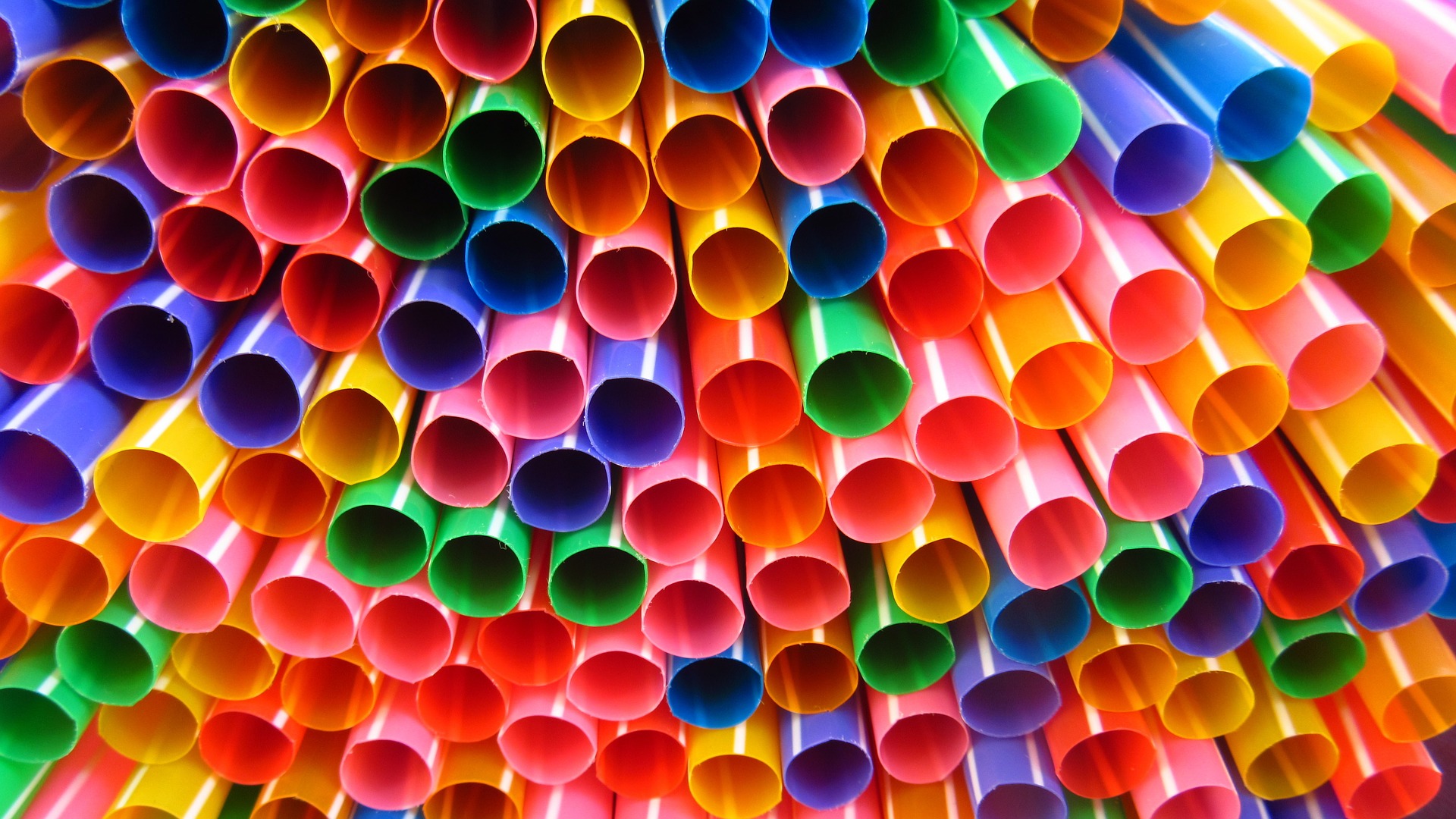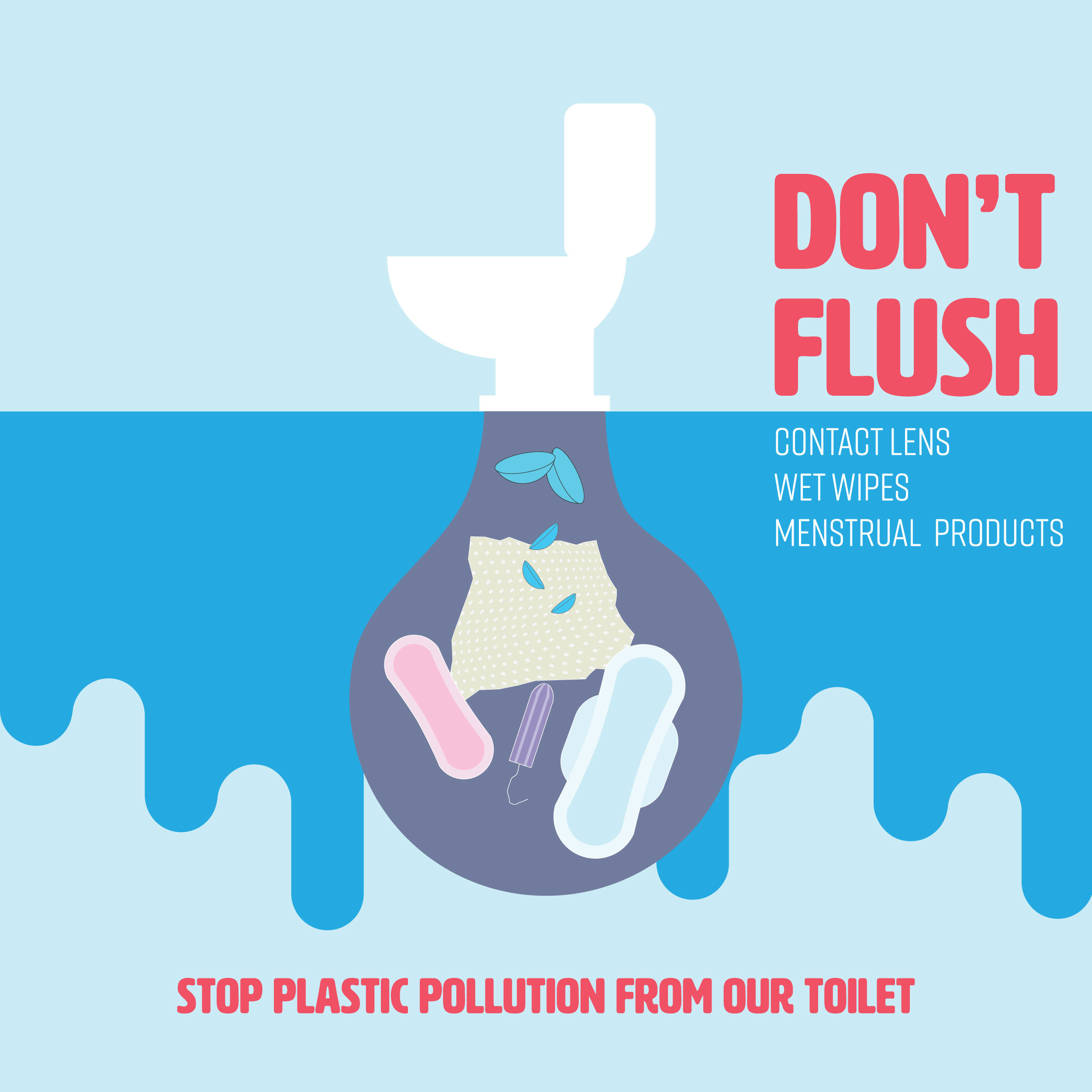We are delighted that the UK’s plastics crackdown is continuing with the new law banning plastic straws, stirrers and plastic-stemmed cotton buds finally come into effect this month! The legislation that makes it illegal for businesses to use or sell these items came into force on October 1st, 2020.
This is a major step forward in protecting the environment, in particular the ocean, from single use plastics which can be so damaging to wildlife.
The UK Government estimated that between 4.8 and 12.7 million tonnes of plastic enter the ocean globally every year, which has produced many scenes of marine wildlife being injured or killed by plastic waste.
In addition to this new law, Comic Relief has announced this month that it is banning plastic red noses in favour of a plant-based alternative, with the backing of Sir David Attenborough.
There is certainly a positive movement towards identifying unnecessary and hidden plastics that we use every day. It is great that the general public is being educated about it and it will hopefully combat the amount of plastic waste generated. Here are some hidden plastics you may have read about recently!
Did you know there is plastic in teabags?
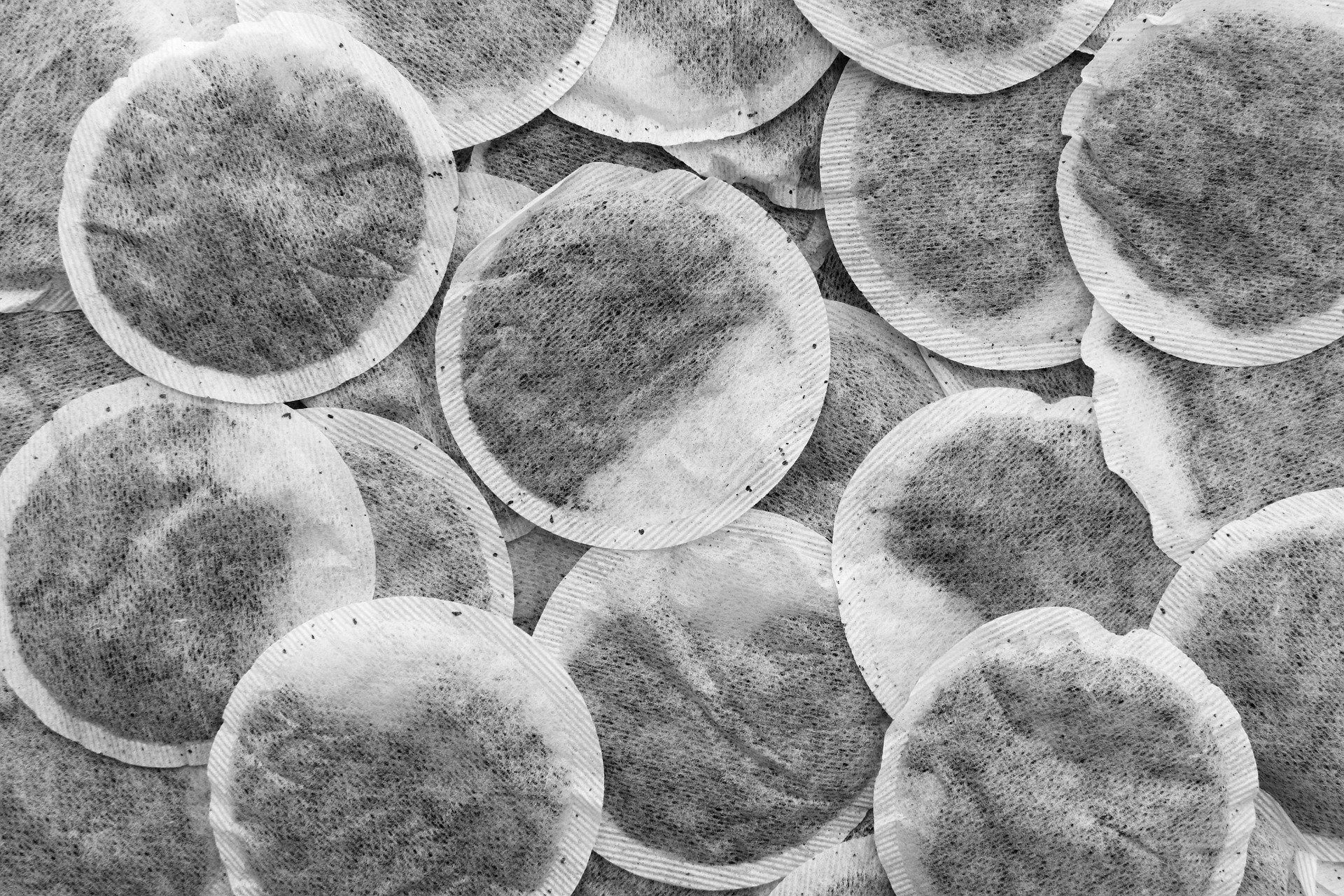
A recent BBC documentary showed the shocking reality that well-known tea bag manufacturers use a polypropylene to seal the tea bag. So, unknowingly, people have been contributing to plastic waste with every cup of tea and have no idea!
Are you chewing on plastic?
If you regularly chew chewing gum, did you know that most contain plastic (and synthetic rubber)?! Iceland actually became the first supermarket in the UK to sell plastic free chewing gum, back in 2018. Since then, there are many alternative brands on the market. It was reported in The Independent that £60 million a year is spent by local councils removing gum from the environment.
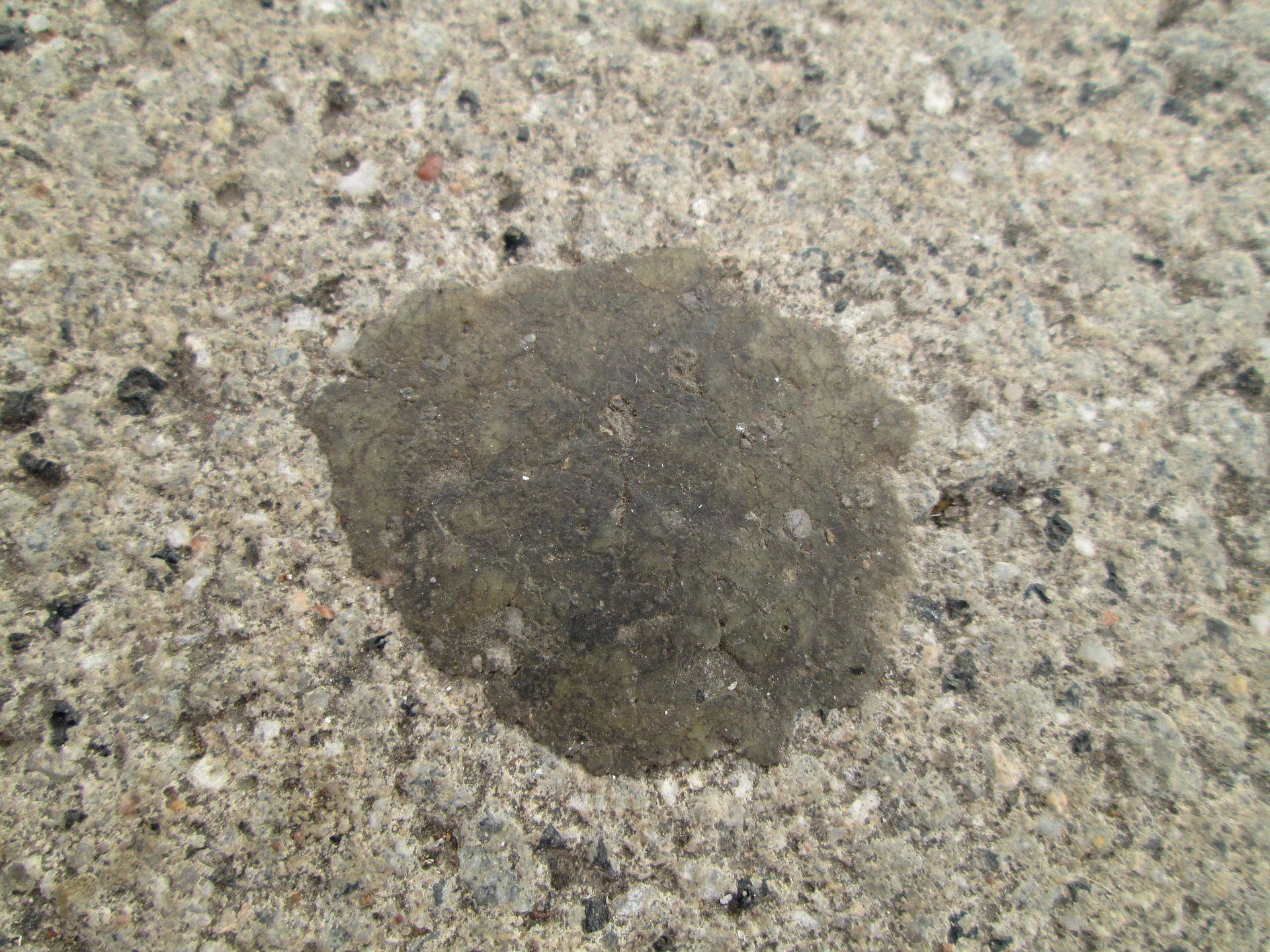
Are you contributing to Fatbergs?
Did you see the images of the 40 tonne, double decker sized, fatberg that emerged from London’s sewer last year? The culprit is un-flushable wet wipes and other plastics like cotton buds that mix with the fat, oil and grease that are poured down sinks. Wet wipes in particular are very damaging to the environment and people are really unaware of how bad they are. Many contain non-biodegradable plastic so they either end up clogging the sewers, spilling into the waterways and beaches, or end up in landfill. Campaigners are putting pressure on the Government to treat these like other single use plastics.
What can we do?
It can seem overwhelming to the consumer because many items contain hidden plastics and plastics manufacturers are still making non-recyclable plastics! In addition, not all plastics manufacturers are numbering their plastic to inform the user if the plastic can be recycled or not. It is not transparent, and this is a big problem.
So, we find ourselves in a paradoxical situation that we cannot escape because of the contradictions within the industry. The benefits of plastics as a resource against its inability to decompose, and the recycling limitations imposed on us through the plastics supply chain, big brands and our local waste management schemes.
We have the power not to buy
As a consumer, we actually have a lot of power, and that’s buying power! If you make a conscious effort to look for plastic free, biodegradable products then you are already helping the environment by not purchasing items that contain non-recyclable plastic waste. We have the power to make the markets sustainable, we just need to make the right choices.
We also need to challenge our own traditional methods of plastics waste disposal and not just simply throw our waste in the bin or skip. Knowing what the right choices are involves educating ourselves about the journey waste has from it leaving you or your business and where it ends up. This is one of our key aims with our non-profit organisation Waste Wise Kids working with young children in schools and our software Project DIVERT helping support environmental objectives in the construction industry.
Let’s work together to stop this….
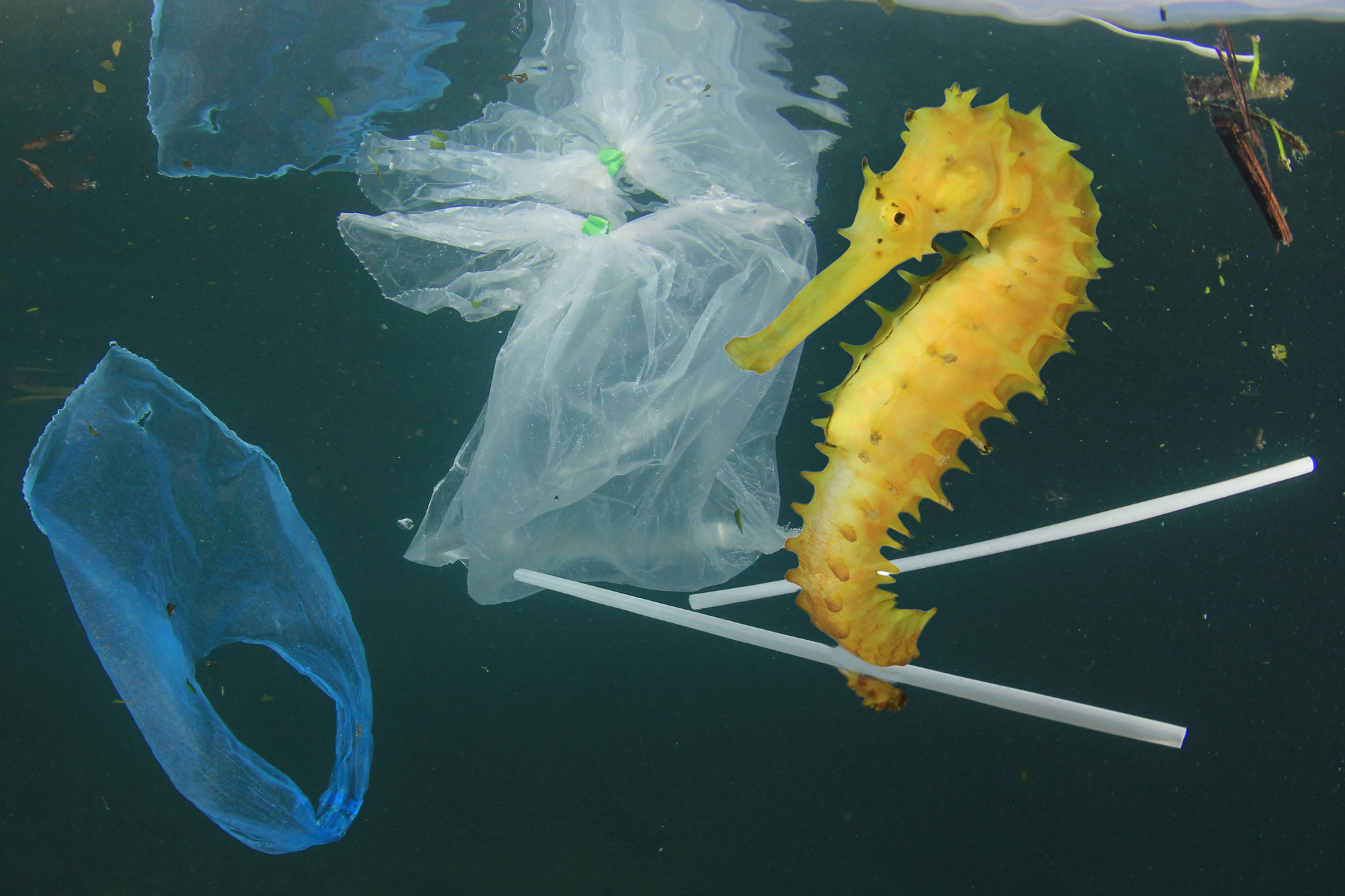
We would love to hear from you if you have any thoughts about the plastics crackdown, the waste services we offer or our Waste Wise Kids initiative, please get in touch on 01604 496987 or email us at info@encore-environment.com


